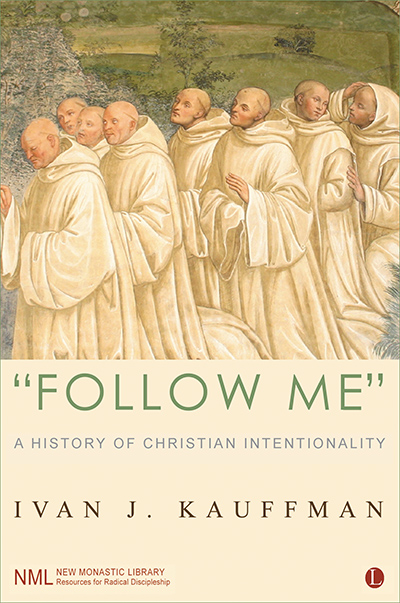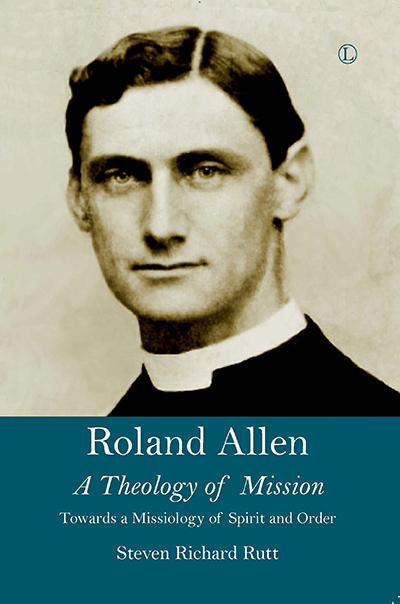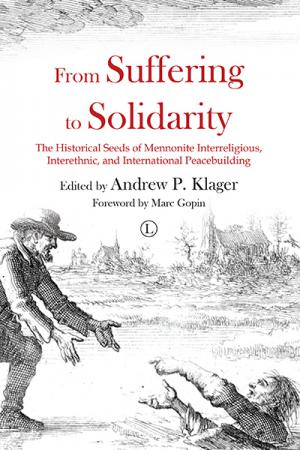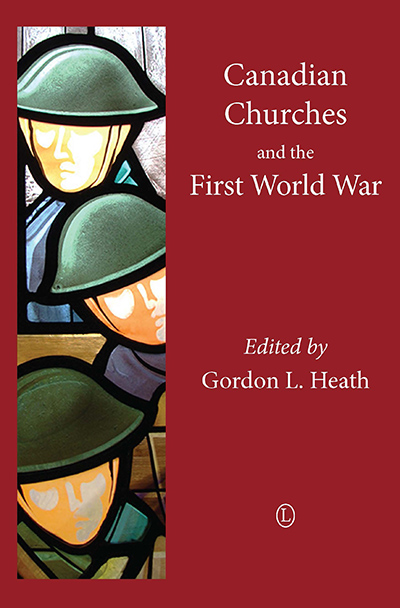Description
From the very beginning some Christians have wanted to go all the way – rather than asking, “What must I do to be a Christian?” have asked instead, “What can I do to be more Christian?” These highly intentional Christians have had an impact on the development of both Christianity and western civilisation that has been completely out of proportion to their numbers. Their greatest impact has come through communities of like-minded believers – whether of lay evangelicals or of celibate monastics – formed upon a common desire to live more intentional Christian lives.
This probing work tells the story of these communities, both monastic and lay. It is a story that, though often overlooked, is both inspiring and instructive. Above all it is a story that opens the way for greater understanding between two groups of Christians who have long been estranged – Protestant evangelicals and Catholic monastics.
About the Author
Ivan J. Kauffman grew up in one of the oldest surviving lay evangelical communities, the Amish Mennonites. Educated as both a Mennonite and a Catholic he has been active in Mennonite-Catholic dialogues from their beginnings in the 1980s, and was a founder of the North American grassroots Mennonite Catholic dialogue, Bridgefolk. He identifies himself as a Mennonite Catholic.
Contents
Preface
Introduction: “Follow Me”
Part One: Monastic Intentionality
1. From Anthony to Benedict.
2. From Martin of Tours to Cluny.
3. From Bernard of Clairvaux to Martin Luther.
4. The Monastic Legacy.
Part Two: Evangelical Intentionality
5. From Jerusalem to the Millennium.
6. From the Peace of God to the Reformation.
7. From the Anabaptists to the Baptists.
8. The Evangelical Legacy.
Conclusion: Meeting at the River
Sources
Index
Endorsements and Reviews
Follow Me tells the Christian story in a way that sparks my imagination and gets me excited about who the church is becoming in our post-Christian era. I hope every community of disciples will read it and ask, ‘How is God calling us to live the next chapter?’
Jonathan Wilson-Hartgrove, author of To Baghdad and Beyond
Kauffman offers us a first instalment of the kind of scholarship becoming possible thanks to the stereoscopic perspective of those who are learning to live on both sides of a great river that has long divided Christianity. … Unexpected though the news may be, it is the very burden of Kauffman’s book to show us why we should not have been surprised, and would not be surprised if we read the history of Christianity looking for its broadest unifying patterns rather than for the basis of our separate identities. … He has done a service to historian, ecumenist, and renewal-minded Christian alike by looking for the forest not just the trees, surveying the lay of the land, and marking the river that gives it life.
Gerald W. Schlabach, author of Just Policing, Not War






